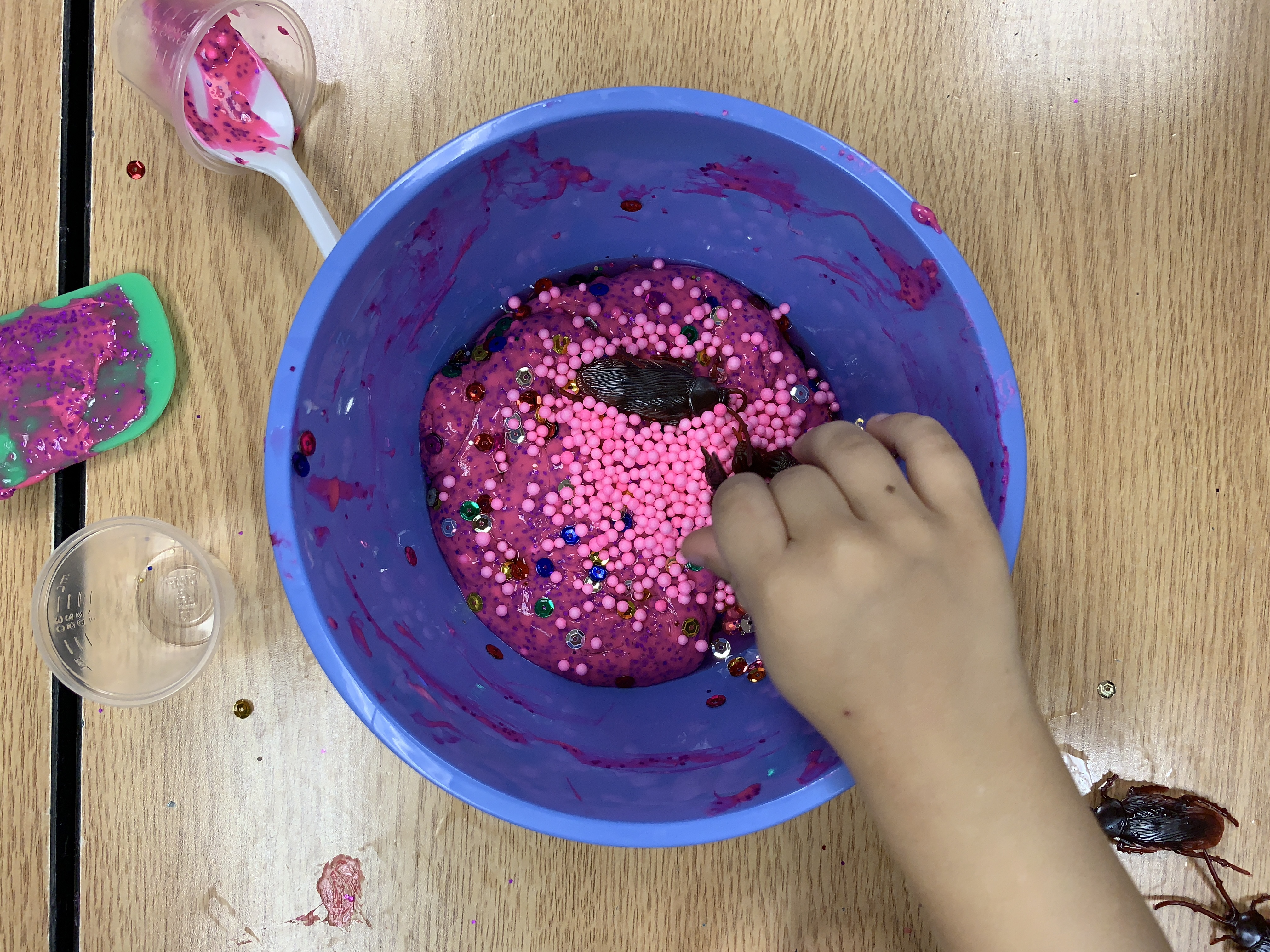Crying
I was never much of a crier until we had Wes. It was never a macho thing with me, but I wasn’t well connected to my feelings and struggled with understanding them, let alone expressing them with the range of normal human behaviors.
The past few years has changes me a lot, and I suspect the next few will change me even more. I know the past two months have already.
The first week after Wes’ diagnosis is already almost hard to remember – the facts are clear and well documented, but the feelings were so overwhelming, the tears so free, that the memories are disjointed and confused, just as we were.
The following month or two was unexpectedly dry as we tried to find some normalcy back at home, confronting and dealing with all the business of getting started with treatment. The few times tears really rolled were when I talked about his condition with someone new – a friend or family member that perhaps hadn’t heard all the details yet. In retrospect, this was shock; my brains way of coping with the immediate aftermath, giving me what I needed to just get up each day, go to work, do some chores, deliver meds, whatever needed to get done.
Ever since Wes’ Peg reaction the tears have come back, clearly invited by the realization that things aren’t exactly OK. That healing Wes isn’t going to be like taking the car to a mechanic. There are endless unknowns challenging any desire to look at the treatment plan like it’s some immutable calendar; that if we just show up, do X, Y, and Z, this’ll all be over when they say so.
It turns out the plan can mutate every bit as much as his DNA. I’ve come to a better understanding about the disease, the treatment, our plan, and it’s not about a specific plan, its about going where the odds tell us. Everything with cancer is statistical, not binary – the treatments he’s being given are, in aggregate, what offer the best outcomes at each step of the way, not a singular drug or procedure that leaves us with success or not.
Statistical thinking is hard for people to grasp, especially when you’re trying to reason about a sample of one: your child. You really don’t care in a personal way what the outcomes of 10,000 patients are who went through the same protocols, you want to know if your kid will survive. In a situation with a 90% success rate, your kid is either the 90 or the 10, not somewhere in between.
This sounds like a digression, but it’s not, because every bump along the way the past few weeks has reminded me we’re not a statistic, we’re not a study group, we are a family with a child who is in fact facing his mortality head on. The truth is, I don’t want Wes to die, and the more I’ve come to face his condition the more I’ve come to be familiar with the stories of others. Kids, just like mine, die of this and similar cancers every single day, and they are no less perfect, or loved, than he is. And it’s really, really fucking unfair.
So every day for weeks now I’ve cried at one thing or another. Sometimes hard sobs, sometimes just a wistful stream. I saw a family last night finding out terrible news about their teenage son who’s been fighting for years, and I cry most of the long drive home. We connect with a local charity who has invited Wes to be honored, and the stories of the kids who inspired the organization crush me. Stephanie goes off to CHOP for an unplanned visit to the emergency room because his temperature triggered our hospitalization protocol and I stay behind for work and I cry. I think about Wes’ future every day, and sometimes I cry because of the possibility that he might not see it, and other times I cry thinking about his future self, healthy and strong.
I’m crying right now after FaceTime’ing with a sweet Stephanie and a whiny Wes.



Roger, I’m glad you are writing about this experience because it serves several purposes. For one it’s cathartic and a way for you guys to release some of the emotions, which inevitably build up each day. Second it allows others who may be in a similar situation to find some friendship and comfort as they see you guys take on each day. I also think that it is a great way for friends and family to truly stay connected to every twist and turn that comes along. I hate being so far and not being able to pop in to just help out around the house or have our kiddos play. But seeing the updates helps me and probably others feel as though you are directly talking to us and it seriously helps to stay emotionally connected this way. So thank you for taking the time to write as emotional as it probably is. You guys are so incredibly resilient and I am in awe of your strength during this difficult time. If anyone can push forward it’s you guys and I am to see the flood of love, prayers and support coming your way! ❤️